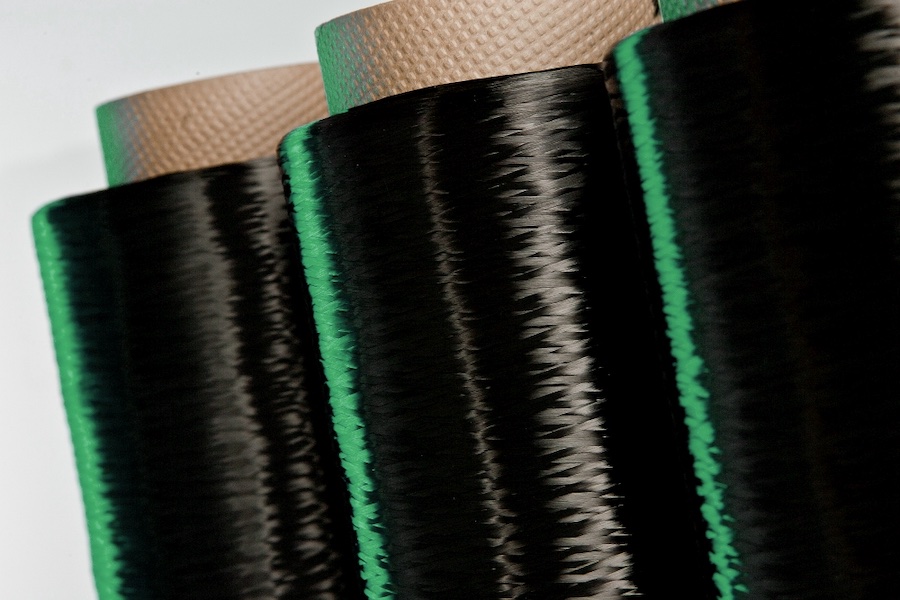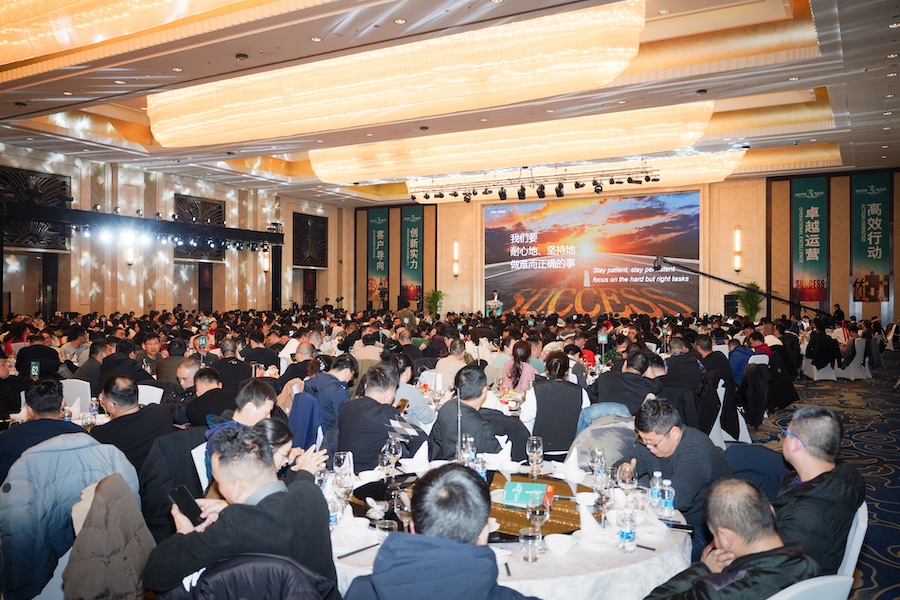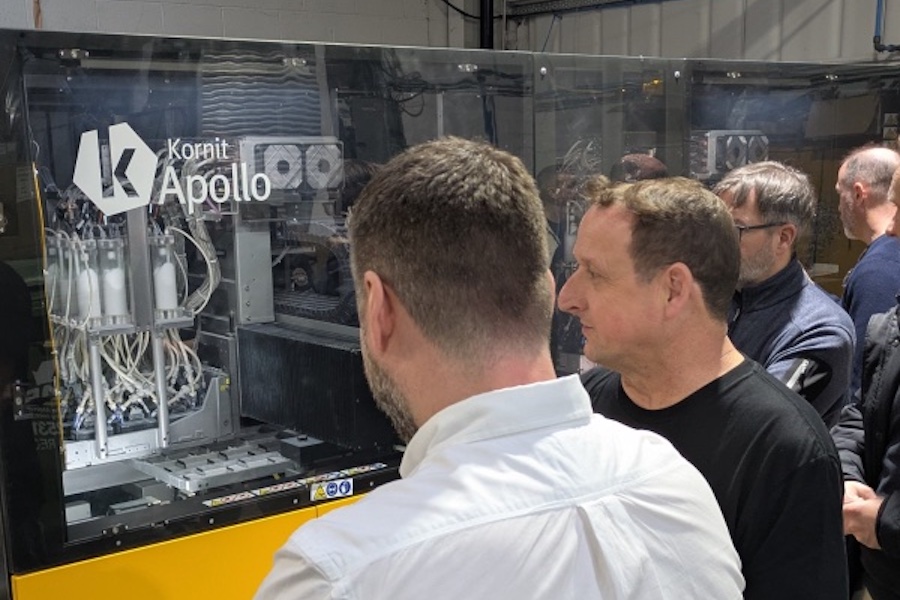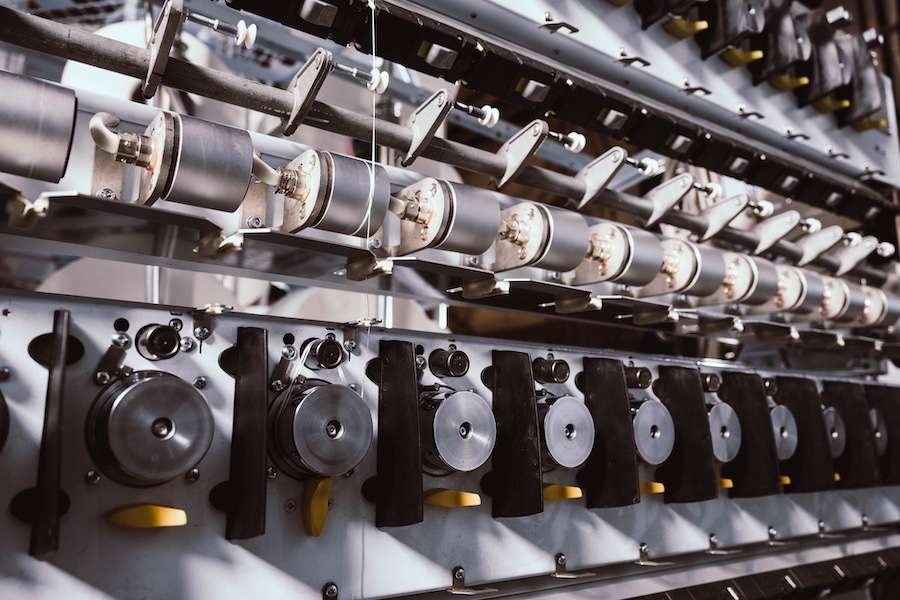#Europe
The Green Deal Industrial Plan: putting Europe's net-zero industry in the lead
The Plan builds on previous initiatives and relies on the strengths of the EU Single Market, complementing ongoing efforts under the European Green Deal and REPowerEU. It is based on four pillars: a predictable and simplified regulatory environment, speeding up access to finance, enhancing skills, and open trade for resilient supply chains.
Ursula von der Leyen, President of the European Commission, said: “We have a once in a generation opportunity to show the way with speed, ambition and a sense of purpose to secure the EU's industrial lead in the fast-growing net-zero technology sector. Europe is determined to lead the clean tech revolution. For our companies and people, it means turning skills into quality jobs and innovation into mass production, thanks to a simpler and faster framework. Better access to finance will allow our key clean tech industries to scale up quickly.”
A predictable and simplified regulatory environment
The first pillar of the plan is about a simpler regulatory framework.
The Commission will propose a Net-Zero Industry Act to identify goals for net-zero industrial capacity and provide a regulatory framework suited for its quick deployment, ensuring simplified and fast-track permitting, promoting European strategic projects, and developing standards to support the scale-up of technologies across the Single Market.
The framework will be complemented by the Critical Raw Materials Act, to ensure sufficient access to those materials, like rare earths, that are vital for manufacturing key technologies, and the reform of the electricity market design, to make consumers benefit from the lower costs of renewables.
Faster access to funding
The second pillar of the plan will speed up investment and financing for clean tech production in Europe. Public financing, in conjunction with further progress on the European Capital Markets Union, can unlock the huge amounts of private financing required for the green transition. Under competition policy, the Commission aims to guarantee a level playing field within the Single Market while making it easier for the Member States to grant necessary aid to fast-track the green transition. To that end, in order to speed up and simplify aid granting, the Commission will consult Member States on an amended Temporary State aid Crisis and Transition Framework and it will revise the General Block Exemption Regulation in light of the Green Deal, increasing notification thresholds for support for green investments. Among others, this will contribute to further streamline and simplify the approval of IPCEI-related projects.
The Commission will also facilitate the use of existing EU funds for financing clean tech innovation, manufacturing and deployment. The Commission is also exploring avenues to achieve greater common financing at EU level to support investments in manufacturing of net-zero technologies, based on an ongoing investment needs assessment. The Commission will work with Member States in the short term, with a focus on REPowerEU, InvestEU and the Innovation Fund, on a bridging solution to provide fast and targeted support. For the mid-term, the Commission intends to give a structural answer to the investment needs, by proposing a European Sovereignty Fund in the context of the review of the Multi-annual financial framework before summer 2023.
To help Member States' access the REPowerEU funds, the Commission has today adopted new guidance on recovery and resilience plans, explaining the process of modifying existing plans and the modalities for preparing REPowerEU chapters.
Enhancing skills
As between 35% and 40% of all jobs could be affected by the green transition, developing the skills needed for well-paid quality jobs will be a priority for the European Year of Skills, and the third pillar of the plan will focus on it.
To develop the skills for a people centred green transition the Commission will propose to establish Net-Zero Industry Academies to roll out up-skilling and re-skilling programmes in strategic industries. It will also consider how to combine a ‘Skills-first' approach, recognising actual skills, with existing approaches based on qualifications, and how to facilitate access of third country nationals to EU labour markets in priority sectors, as well as measures to foster and align public and private funding for skills development.
Open trade for resilient supply chains
The fourth pillar will be about global cooperation and making trade work for the green transition, under the principles of fair competition and open trade, building on the engagements with the EU's partners and the work of the World Trade Organization. To that end, the Commission will continue to develop the EU's network of Free Trade Agreements and other forms of cooperation with partners to support the green transition. It will also explore the creation of a Critical Raw Materials Club, to bring together raw material 'consumers' and resource-rich countries to ensure global security of supply through a competitive and diversified industrial base, and of Clean Tech/Net-Zero Industrial Partnerships.
The Commission will also protect the Single Market from unfair trade in the clean tech sector and will use its instruments to ensure that foreign subsidies do not distort competition in the Single Market, also in the clean-tech sector.
Background
The European Green Deal, presented by the Commission on 11 December 2019, sets the goal of making Europe the first climate-neutral continent by 2050. The European Climate Law enshrines in binding legislation the EU's commitment to climate neutrality and the intermediate target of reducing net greenhouse gas emissions by at least 55% by 2030, compared to 1990 levels.
In the transition to a net-zero economy, Europe's competitiveness will strongly rely on its capacity to develop and manufacture the clean technologies that make this transition possible.
The European Green Deal Industrial Plan was announced by President von der Leyen in her speech at to the World Economic Forum in Davos in January 2023 as the initiative for the EU to sharpen its competitive edge through clean-tech investment and continue leading on the path to climate neutrality. It responds to the invitation by the European Council for the Commission to make proposals by the end of January 2023 to mobilise all relevant national and EU tools and improve framework conditions for investment, with a view to ensuring EU's resilience and competitiveness.
















